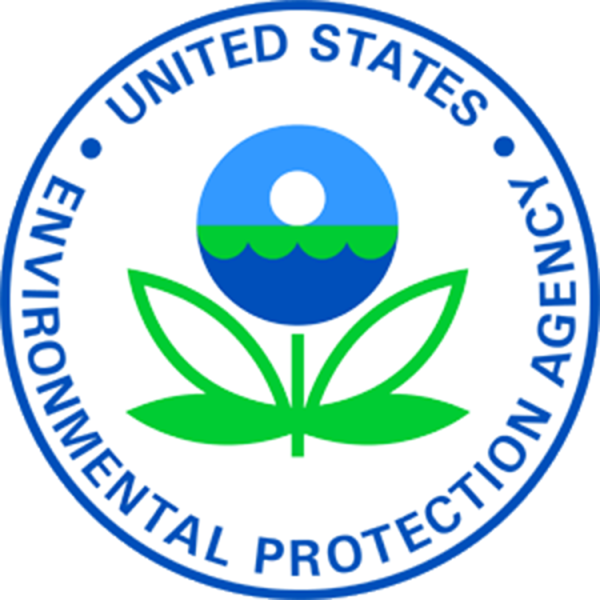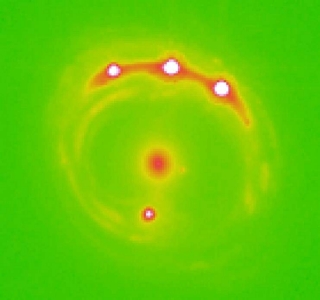By Angelica Coleman
Staff Writer
Last week, reports surfaced that the Trump administration ordered the Environmental Protection Agency (EPA) to limit its speech concerning climate change.
Two EPA officials in the communications department stated that they were asked to remove mention of climate change from the agency’s website, including removal of the webpage focusing on climate change research [Climatewire, 2017].
“If the website goes dark, years of work we have done on climate change will disappear,” an EPA staff member reported to Reuters.
While the research itself won’t disappear, it will become essentially inaccessible to the general public if the web page is removed. However, there is not yet cause for alarm because, within the span of a day, the Trump administration backtracked on the con
cept of blanket content removal. According to another EPA official who spoke out last Wednesday, the Trump administration is currently reviewing the website content, but there are no official plans to remove climate change content at this point [Climatewire, 2017].
It is common for incoming presidential administrations to assess and regulate information flow among government agencies, but the actions of the Trump administration are more thorough and constrictive than usual. For example, the administration has put a freeze on the EPA’s federal grant for the time being.
Additionally, Trump nominated Scott Pruitt, a climate change skeptic who played a large role in the lawsuit against the EPA over Obama’s Clean Power Plan, as the replacement head of the EPA. This combination of limitations put in place by the Trump administration has the potential to greatly alter the overall message relayed by the EPA to the public.
Earth scientists have made efforts to ensure their voices are heard, as environmental research undergoes such scrutiny under the Trump administration. 800 American environment and energy science experts signed an open letter to President Trump outlining the steps he should take to strengthen America’s environmental protection efforts.
In the open letter, Trump is urged to “publicly acknowledge that climate change is a real, human-caused, and urgent threat.”
This open letter is an optimistic example of continued communication between the scientific community can still have with the public, even in the face of government censorship. Now, it is a matter of waiting to see if the Trump administration will pay attention to the logic and facts put forth by these experts. And if that’s not the case, then long live free speech, free press and public access to knowledge.


















